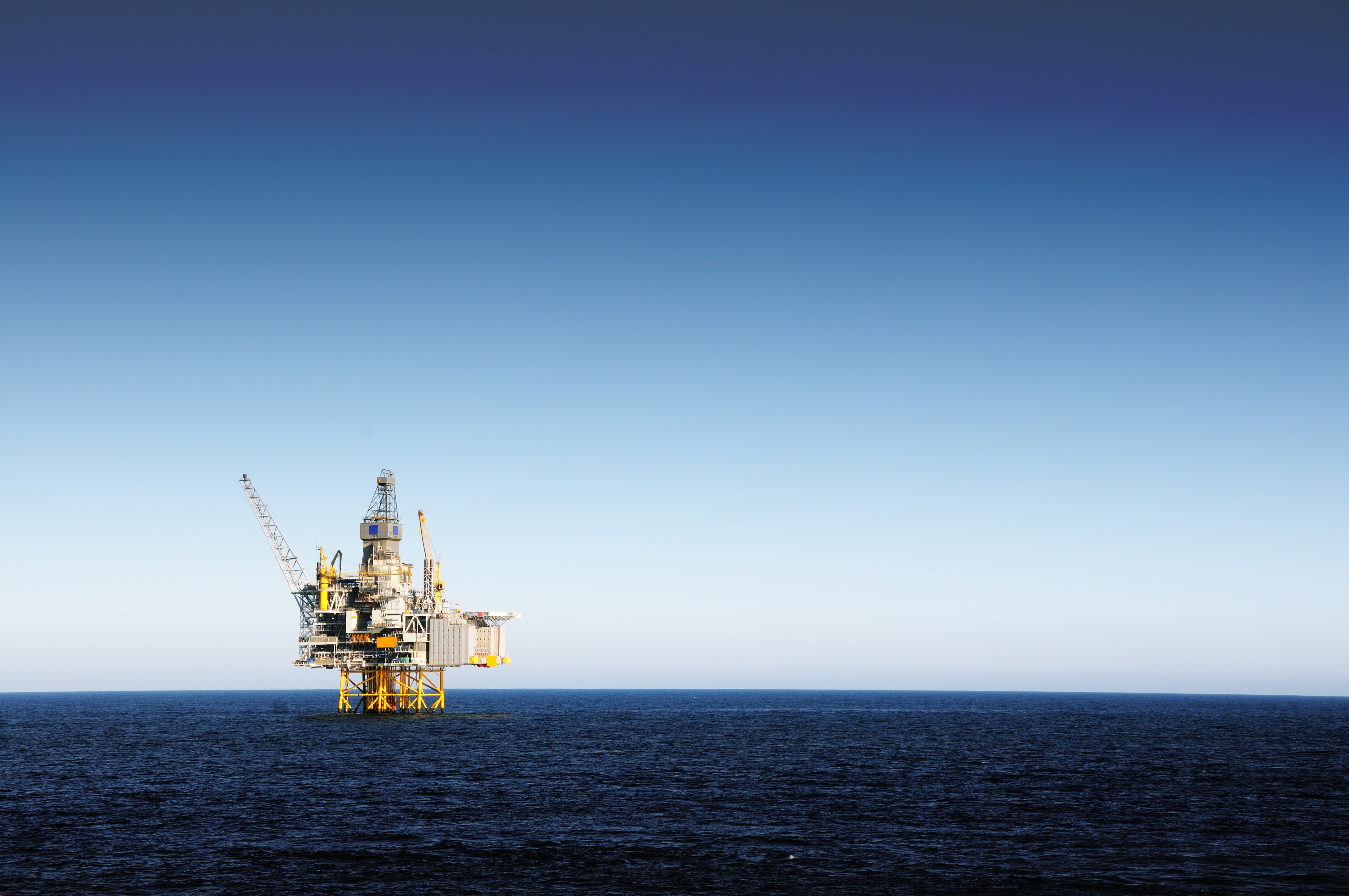‘Colossal failure’: Government refuses to rule out new oil and gas licences in North Sea deal
Long-awaited deal between government and oil and gas sector a missed opportunity to ‘show climate leadership in the year of Cop26’, say campaigners

Your support helps us to tell the story
From reproductive rights to climate change to Big Tech, The Independent is on the ground when the story is developing. Whether it's investigating the financials of Elon Musk's pro-Trump PAC or producing our latest documentary, 'The A Word', which shines a light on the American women fighting for reproductive rights, we know how important it is to parse out the facts from the messaging.
At such a critical moment in US history, we need reporters on the ground. Your donation allows us to keep sending journalists to speak to both sides of the story.
The Independent is trusted by Americans across the entire political spectrum. And unlike many other quality news outlets, we choose not to lock Americans out of our reporting and analysis with paywalls. We believe quality journalism should be available to everyone, paid for by those who can afford it.
Your support makes all the difference.The government has refused to rule out the granting of new oil and gas licences in a deal agreed with the fossil fuel industry.
On Wednesday, ministers announced the details of the North Sea Transition Deal – a long-awaited agreement between the government and the oil and gas sector.
The aim of the deal is to facilitate the country’s transition away from extracting oil and gas from waters surrounding the UK. The extraction process alone accounts for around 3.5 per cent of the UK’s greenhouse gas emissions, and much more pollution is caused when the fuels are burned.
The government said that a package of measures agreed through the deal would cut emissions from oil and gas extraction by 15m tonnes by 2030 – the equivalent of the annual emissions of 90 per cent of British homes.
However, it refused to rule out the possibility of new oil and gas licences and instead announced the introduction of a “climate compatibility checkpoint” to ensure that any future licences awarded would be “aligned with wider climate objectives”, including its legal target of reaching net-zero emissions by 2050.
Read more:
- Far-right is co-opting environmentalism to justify anti-immigration and anti-Semitic views
- UK ‘halfway to net zero’ due to dip in emissions caused by coronavirus pandemic
- How bad is bitcoin for the environment really?
- Climate change disproportionately affects women – but they can also provide the solution
Announcing the deal, business secretary Kwasi Kwarteng said: “When it comes to fighting climate change, we must all stand together.
“From the Shetland Isles to Orkney and Peterhead to Falkirk, the oil and gas industry is the economic artery for many communities in Scotland, and we are doing everything possible to ensure that this vitally important sector is not left behind as we transition to a green economy.”
The government added that the full details of how this checkpoint will work are to be set out by the end of 2021.
Previous analysis by Greenpeace found that any new oil and gas licences would not be in line with the world’s climate goals – if emissions from burning the fossil fuels were counted in addition to emissions caused by the extraction process.
Mel Evans, head of Greenpeace UK’s oil campaign, said: “Refusal to rule out new oil and gas licences when the evidence is already clear that they are incompatible with UK climate commitments is a colossal failure in climate leadership in the year of Cop26.
“Instead of finding ways to prop up this volatile and polluting sector, a better proposition for workers and communities would be for the government to confirm a ban on new licences, and put all its energies into a nationwide programme of retraining, reskilling and investment in renewables and green infrastructure.”
The decision comes just months after Denmark announced plans to end all oil and gas offshore activities in the North Sea by 2050.
Ryan Morrison, a campaigner at Friends of the Earth, said the government’s refusal to rule out new oil and gas licences “exposed the outrageous hypocrisy” in its approach to tackling the climate crisis.
“The science on this is already crystal clear: burning fossil fuels is the key driver of this crisis, so to avoid climate breakdown there can be no new licenses and existing production must be wound down over the next decade – a new ‘climate compatibility checkpoint’ isn’t going to change that reality,” he said.
Dr Jonathan Marshall, head of analysis at the Energy and Climate Intelligence Unit (ECIU), a non-profit based in London, added: “For a government usually so keen to set targets, the absence of an end date for extracting fossil fuels from the North Sea is a glaring omission.
“It is clear that the energy future of our seas is renewable. A bold announcement on ending oil and gas extraction in the North Sea while supporting jobs and workers through the transition would have made waves comparable to plans to stop generating electricity from coal and ending the sale of petrol and diesel cars.”
Join our commenting forum
Join thought-provoking conversations, follow other Independent readers and see their replies
Comments